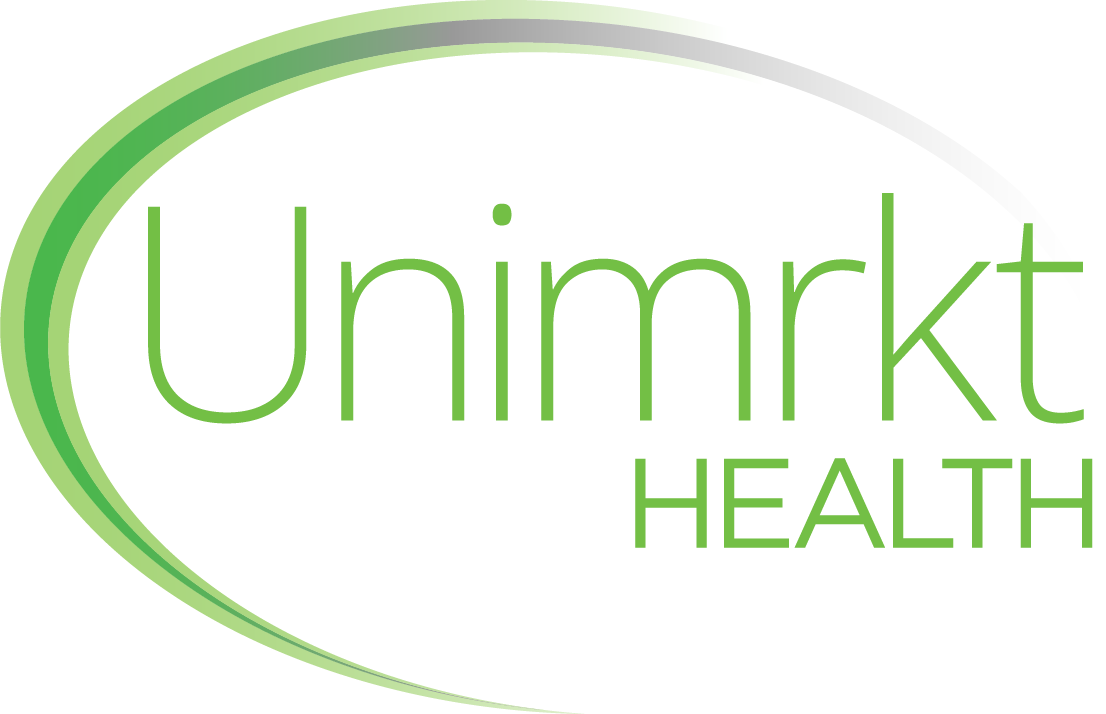5 Animal Health Market Research Trends To Watch For in 2024
- Unimrkt Healthcare » Blog » 5 Animal Health Market Research Trends To Watch For in 2024
A recent survey revealed the substantial investment pet owners make in their furry companions, averaging around $1,285 annually between 2017 and 2018. This figure, however, skyrocketed to approximately $143.6 billion by the close of 2023, reflecting a substantial increase in pet-related spending. Several factors contribute to this growth trajectory, including the rise of zoonotic diseases, an expanding veterinary practitioner base, and increasing incomes in developed economies. These dynamics are propelling market expansion. As we move further into 2024, several key trends are poised to shape the landscape of animal health market research and innovation. In this blog, we will discuss the top 5 animal healthcare market trends that hold significant potential to improve animal welfare, enhance disease management, and drive growth in the animal health market.
AI Tools For Animal Health Diagnosis
Artificial intelligence (AI) is revolutionizing the fields of animal health market research and veterinary medicine by providing powerful tools for disease diagnosis and treatment. AI algorithms can analyze vast amounts of medical data, including imaging scans, lab results, and patient histories. In the near future, AI could be used to aid veterinarians in diagnosing various health conditions with greater accuracy and efficiency. We can expect to see continued advancements in AI-driven diagnostic tools that will enable the early detection of diseases, personalized treatment plans, and improved outcomes for animals. Key players in the animal healthcare industry will be seen forging innovative collaborations to advance veterinary care. For instance, in a recent announcement, Royal Canin unveiled a strategic partnership with GekkoVet, a leading veterinary technology company based in Europe. This collaboration aims to leverage digital solutions for enhancing disease diagnosis, treatment, and overall pet care management. Meanwhile, Idexx Laboratories has made significant strides in developing cutting-edge diagnostic methods. One notable advancement is their computer-implemented approach for interpreting diagnostic test results, which streamlines the clinical decision-making process for veterinarians. This method involves integrating an automated clinical support interface that prompts users to input medication and symptom information, facilitating more accurate diagnoses and treatment recommendations.
Innovative Feed Products To Boost Animal Health
Nutrition plays a critical role in maintaining the health and well-being of animals. In 2024, the animal health market is witnessing a surge in innovative feed products designed to optimize animal nutrition and support overall health. These products include advanced formulations of feed additives, supplements, and functional ingredients aimed at addressing specific health concerns, improving immune function, and enhancing performance in livestock, companion animals, and aquaculture species. For instance, DSM and Novozyme, two leading companies in the animal healthcare industry, have joined forces to create a novel feed product incorporating a blend of key components including N-acetyl-muramidase, protease, kynurenine, tryptophan, serotonin, and tryptamine. This collaborative effort aims to deliver a range of health benefits for animals, including reduced inflammation, enhanced adaptation to circadian rhythms, improved metabolism, and support for reproductive health. Concurrently, Nestle has made significant strides in developing a specialized feed composition to address allergies in cats. Their innovative formulation features anti-Fei Dl antibodies designed to mitigate allergic reactions and promote feline well-being. In recognition of the potential of this breakthrough, Nestle has taken proactive measures to safeguard their innovation by filing a patent, signaling their commitment to advancing the field of animal nutrition and healthcare.
Real-time Monitoring And Wearables In Animal Care
Real-time monitoring technologies and wearable devices are transforming the way veterinarians and pet owners track and manage animal health. These devices can continuously monitor vital signs, activity levels, and behavior patterns, providing valuable insights into the health status of animals in real time. In 2024, we anticipate further adoption of wearable devices and IoT (Internet of Things) solutions in animal care, enabling early detection of health issues, remote monitoring of patients, and proactive intervention to prevent diseases. By providing pet owners with real-time, personalized insights into their animals’ well-being, such cutting-edge solutions can enhance early detection and care, ultimately contributing to improved health outcomes and strengthened bonds between pets and their caregivers. For example, Kurt System has introduced an advanced animal training system tailored specifically for horses. This groundbreaking system features a movable carriage equipped with sensors that meticulously measure the animals’ physiological data during exercise. Utilizing this data, the system calculates the horse’s fitness levels and incorporates specialized training features such as speed control. The monitoring method involves transmitting the gathered physiological data to a remote server in real time, enabling trainers to closely monitor and analyze the information to optimize training regimes and ensure peak performance. On the other hand, PETMEDICS has developed an ingenious health monitoring device designed to cater to pets and livestock alike. This innovative device boasts a comprehensive array of features, including a health sensor that captures vital information, a user-friendly display for alert indications, and an advanced evaluating module. This module utilizes predefined temperature thresholds to compare the captured health data, generating color-coded alerts for various conditions such as hypothermia, normal body temperature, and fever.
At-home Diagnostic Tools For Animals
The demand for convenient and accessible healthcare solutions for animals is driving the development of at-home diagnostic tools and testing kits. At-home diagnostic or Point-of-care (POC) testing tools allow pet owners to monitor their animals’ health from the comfort of their homes, enabling early detection of diseases and timely intervention. We can expect to see a proliferation of at-home diagnostic devices for various health parameters, including blood glucose monitors, urinary tract infection tests, and genetic screening kits, empowering pet owners to take a proactive approach to their animals’ health. Inje University’s pioneering basic examination kit for companion animals is a significant advancement in POC diagnostics for pets. This innovative device is specifically engineered for the preliminary diagnosis of specific diseases in companion animals, leveraging saliva analysis for rapid and non-invasive testing. By providing pet owners and veterinarians with a convenient and accessible diagnostic tool, the examination kit enables early detection and intervention for various health conditions in pets. Such POC devices hold immense promise for enhancing the quality of veterinary care, facilitating timely treatment, and ultimately improving the health outcomes and well-being of companion animals.
Antibody Treatments For Various Conditions In Animals
Antibody-based therapies are emerging as promising treatment options for a wide range of health conditions in animals, including infectious diseases, cancer, and autoimmune disorders. In 2024 and beyond, we anticipate continued research and development in the field of antibody treatments, leading to the introduction of new therapeutic options for veterinary medicine. These treatments harness the power of antibodies to target specific disease targets, modulate immune responses, and improve treatment outcomes in animals. These sdAbs offer a versatile and effective approach to detection and treatment, marking a significant advancement in the field of infectious disease management. Leveraging these antibodies, researchers and healthcare professionals can rapidly identify the presence of VEEV and administer appropriate treatment upon detection, thereby mitigating the spread of the virus and reducing the severity of infections. Moreover, the sdAbs exhibit remarkable versatility, as they can be immobilized for diagnostic purposes, utilized as reporters in various assay formats, and combined with other suitable medicine carriers to enhance therapeutic efficacy. This innovative method holds immense promise for combating VEEV outbreaks, protecting public health, and advancing the development of novel antiviral strategies.
Final Word
As we look ahead to 2024, the animal health market is poised for exciting developments driven by technological innovation, scientific animal health research, and changing consumer preferences. The trends that we discussed in today’s blog hold immense promise to advance animal welfare and improve healthcare outcomes. To get the most value out of your animal health market research program, it’s essential to collaborate with a trusted and experienced animal healthcare market research company. Look no further than Unimrkt Healthcare, where we offer proven expertise and experience in employing reliable research methodologies. Our goal is to guarantee the success of your market research campaign. Contact us to discover how we can assist you. Call us at +91-124-424-5210, +91-9870-377-557, or email sales@unimrkthealth.com. You may also fill out our contact form and our experts will contact you at the earliest.
Recent Posts
- From Concept to Market: Using Research to Ensure Animal Health Product Acceptance
- Leveraging Primary Market Research to Drive Pharma Brand Repositioning
- Precision Insights for Precision Medicine: Market Research to Drive Personalized Healthcare
- The Sales Head: Conducting Research with Star KOLs in the Pharmaceutical Industry
- Business Research Methodologies in Healthcare: 7 Desk-Based Approaches That Work
Archives
- November 2025
- October 2025
- September 2025
- August 2025
- July 2025
- June 2025
- May 2025
- April 2025
- March 2025
- February 2025
- January 2025
- December 2024
- November 2024
- October 2024
- September 2024
- August 2024
- July 2024
- June 2024
- May 2024
- April 2024
- March 2024
- February 2024
- January 2024
- December 2023
- November 2023
- October 2023
- September 2023
- August 2023
- July 2023
- June 2023
- May 2023
- April 2023
- March 2023
- February 2023
- January 2023
- December 2022
- November 2022
- October 2022
- September 2022
- August 2022
- July 2022
- June 2022
- May 2022
Quick Enquiry
Customer Service, We Make it Better
Related Posts:
Let's Connect
Please, fill in the form to get in touch!



